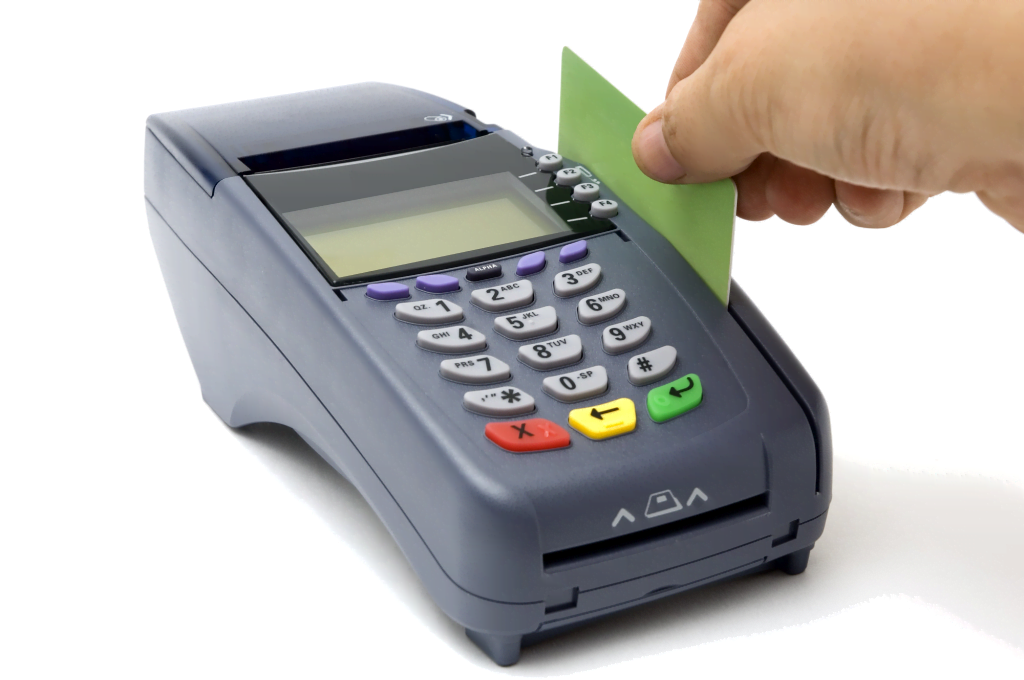
November 23, 2015
Paying for dental services with a credit card is a seamless process for most consumers. But few know how much it costs to process that transaction and how that could affect your business. If you’re looking to lower your credit card processing costs, this list of six rules will help you do just that.
1. Swiped debit transactions are always the least expensive (as low as 0.51%). Those debit cards issued by major banks (with over $10 billion in assets) that are federally regulated will yield the lowest rate.
2. A swiped transaction usually will be less expensive than a keyed transaction for the same card. Anytime a transaction must be keyed, it is important to enter AVS (Address Verification System) information to get the lowest possible rate on processing that card. When prompted for the “address,” enter only the numbers from the cardholder’s billing street address, and for “ZIP code” enter only the cardholder’s five-digit billing ZIP code.
3. Rewards cards are the most expensive to process. Per Visa/Mastercard regulation, no merchant can turn down a credit card payment simply because it is a rewards card. All valid credit cards must be accepted. The best option might be to encourage the use of other card types and hope patients will understand the effect these higher processing costs have on your business. Note: It is also illegal in many states, including Colorado, for businesses to add surcharges for processing fees. For more information, visit the Mastercard website.
4. Debit cards are the least expensive to process. Offices are now seeing more flex spending cards, which often run as unregulated debit. Some patients do not carry these cards if another family member uses it more frequently. If you expect a patient to return in the near future, it may be beneficial to wait and process the payment as a swiped transaction on the future appointment date.
5. Insurance payments by credit card often process at a higher rate. If receiving insurance claim payments by mail or email, you might notice some feature a one-time-use credit card number linked to a pre-loaded claim account. Call the insurance company to request payment via check as the preferred payment for “bookkeeping reasons.” Some companies will send checks instead of card payments—but only upon request. These cards are often set up to run as rewards or corporate cards.
6. Void transactions (rather than refunding) when possible. Voided transactions can only be completed during the same day and same batch as the original transaction, so this action cannot be performed once a batch is closed. This is especially important if a cardholder changes his or her mind about which card to use. Unlike many processors, Best Card does not charge fees for refund transactions, however, fees are charged for any sale that processes completely. You do not pay any fees on a voided transaction.
The CDA endorses Best Card for credit card processing. Contact them at 877-739-3952 with questions or to review your rates.

